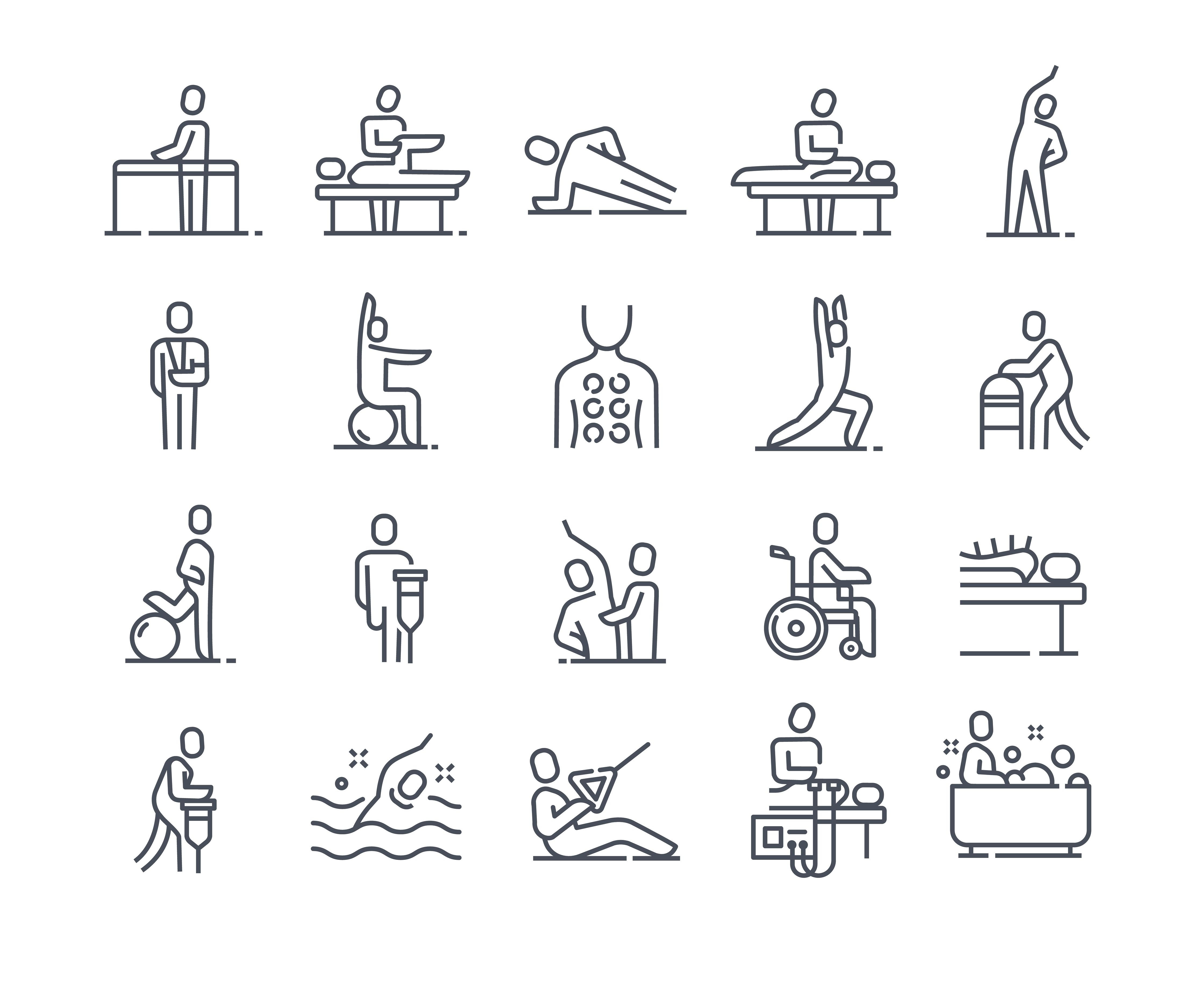The Importance of Exercise After Bariatric Surgery: Tips & Tricks To Get Started

Bariatric surgery, commonly known as weight loss surgery, is a surgical procedure that is designed to help people who are severely obese achieve a healthy weight. While bariatric surgery is an effective tool for weight loss, it’s not necessarily a silver bullet.
To achieve long-term success, patients must commit to making significant lifestyle changes, including a healthy diet and regular exercise.
Here we'll explore the importance of exercise after bariatric surgery and provide some tips and ideas to help you get started.
Why Is Exercise Important After Bariatric Surgery?

Exercise is an essential component of weight loss and weight maintenance after bariatric surgery. Here are a few reasons why:
- It helps with weight loss and weight maintenance: Exercise helps to burn calories and build muscle, which can help with weight loss and weight maintenance.
- It improves physical health: Regular exercise can help improve your cardiovascular health, reduce your risk of diabetes, and improve your overall physical health.
- It improves mental health: Exercise has been shown to improve mental health, including reducing symptoms of anxiety and depression.
Tips and Tricks To Get Started

Getting started with exercise after bariatric surgery can be challenging, especially if you have been sedentary for a long time. Here are a few tips and ideas to help you get started:
- Start slow: Baby steps are everything! It's essential to start slow and gradually increase your exercise intensity and duration. Aim for 10-15 minutes of low-intensity exercises, such as walking, and gradually increase the time and intensity as you become more comfortable.
- Find an activity you enjoy: Exercise doesn't have to be boring or feel like a chore. Try different activities, such as swimming, cycling, or dancing, until you find something you enjoy.
- Make it a habit: Consistency is key when it comes to exercise. Try to make exercise a habit by scheduling it into your day and sticking to your routine.
- Get support: Join a gym or a group exercise class, or find a workout partner who can provide support and motivation even on days when you don’t feel like exercising.
If you still need more help, the U.S. Department of Health and Human Services created a guide for physical activity for citizens living in America.
Challenges To Starting Exercise After Bariatric Surgery

While exercise is crucial for long-term success after bariatric surgery, there can be some challenges to getting started. For many patients, the idea of starting an exercise program can be daunting, especially if they have been sedentary for a long time. Patients may also have physical limitations or mobility issues that make exercise challenging.
One of the keys to overcoming these challenges is to work with your healthcare team to develop an exercise plan that is tailored to your specific needs and abilities.
A physical therapist or exercise specialist can help you develop an exercise program that is safe and effective and can help you overcome any physical limitations or mobility issues.
Benefits of Strength Training After Bariatric Surgery

In addition to cardiovascular exercise, strength training is also an essential component of an exercise program after bariatric surgery. Strength training can help build muscle, which can help boost your metabolism and burn more calories even when you're at rest.
Strength training can also help improve your overall physical function and reduce your risk of falls and other injuries. Working with a personal trainer or physical therapist can help ensure that you're using the proper form and technique and that you're safely building strength.
Tracking Your Progress
 One of the keys to staying motivated and on track with your exercise program is to track your progress over time. This can help you see the improvements you're making and can help you identify areas where you may need to adjust your program.
One of the keys to staying motivated and on track with your exercise program is to track your progress over time. This can help you see the improvements you're making and can help you identify areas where you may need to adjust your program.
There are many ways to track your progress, from keeping a workout journal to using a fitness app or wearable device. Many patients also find it helpful to set specific goals for themselves, such as running a 5K or lifting a certain amount of weight, to help keep them motivated and focused.
Exercise Is Essential!

Exercise is an essential factor in your weight loss journey and weight maintenance after bariatric surgery. It can help improve your physical and mental health. It's important to start slow, find an activity you enjoy, make it a solid habit, and get support from others.
While it can be challenging to get started, there are many resources available to help you develop a safe and effective exercise program that is tailored to your specific needs and abilities.
With a commitment to exercise and a healthy lifestyle, you can achieve long-term success after bariatric surgery.
Sources
|